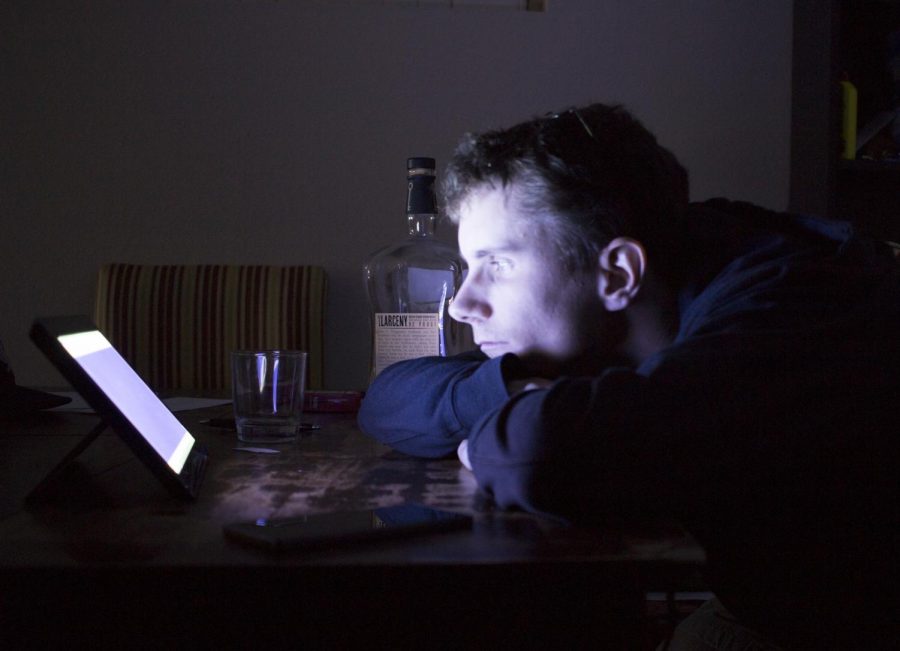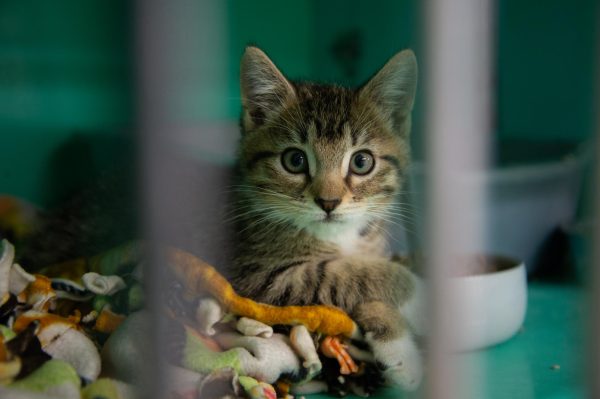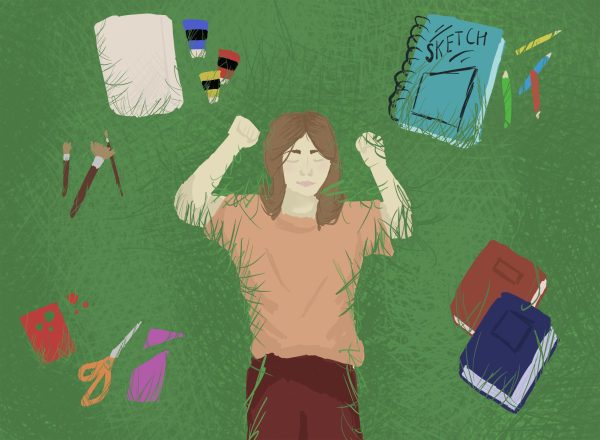Social media use affects mental health
Study revealed link between youths’ excessive time on networking platforms, increased anxiety
DREW MISEMER | EVERGREEN PHOTO ILLUSTRATION
Recent research done at WSU showed students who already felt lonely or left out were more likely to develop anxiety and depression from overusing social media. Social media itself is not harmful in moderation.
February 21, 2018
A WSU professor conducted several studies focused on the impacts of social media on adolescents and young adults, and found a connection between excessive social media use, and anxiety and depression in certain people.
Chris Barry, an associate professor of psychology, organized a study where both parents and adolescents reported the adolescent’s social media activity. In addition, the adolescents reported on their self-worth and the parents reported on the child’s behavioral and attention problems, anxiety and depression.
Barry said the most interesting finding from this study was that parents who reported their teens had a high number of social media applications also reported they had higher levels of anxiety and depression. However, this was only true when the teen had fear of missing out, or FOMO.
If the teen had several social media accounts, but didn’t have a high level of FOMO, they usually didn’t experience increased levels of anxiety or depression. Likewise, high FOMO and a low number of social media accounts didn’t result in heightened levels of anxiety or depression.
“There’s something about not just being on it,” Barry said. “Lots of people are on it. It’s how you sort of attach stress about belongingness or being connected to other people. Social media, for some people who really don’t want to miss out, or don’t want to be left out, can be a stressful thing.”
Barry said without that attachment of stress, social media doesn’t seem to affect levels of anxiety or depression.
He found the same results for loneliness. He said lonely teens who were active on social media had higher levels of anxiety and depression, while teens who remained inactive did not experience those same symptoms.
Barry said feelings of isolation can cause people to drift toward social media, but then it becomes stressful. Teens active on social media can become lonely after seeing images of other people enjoying their lives.
Barry said social media becomes problematic when users place too much importance on it, especially if they value it more than interpersonal interactions.
“It’s really not [that] social media’s bad,” Barry said. “It’s about how people interact with it.”
Barry discouraged attributing too much merit to social media, especially how many likes a post gets, as likes can be disingenuous.
“I’ve watched [my high-school aged nieces] on their Instagram, and they like everything,” Barry said. “It doesn’t mean anything — they just like everything.”
Social media doesn’t seem to affect self-esteem, he said. Posts on social media aren’t a clear representation of a person’s self-perception. There are reasons people create posts that have nothing to do with self-image, such as events or posts about their followers.
“Self-esteem didn’t really do a whole lot [for the results],” Barry said. “Someone’s self-esteem is just sort of how they evaluate themselves. It’s not really as caught up in how other people praise them or insult them like narcissism is.”
Barry said narcissism — the belief that you’re better than other people — played a role in whether people posted a high number of selfies, but only if they had a substantial number of followers.
He said that because they have many followers, they know they may get a lot of likes or positive feedback on their post, which motivates them to create the post.
Barry said people who were narcissistic, but had fewer followers, posted fewer selfies. Having fewer followers meant fewer likes, which made people less motivated to post.
“It’s not even about what the image looks like,” Barry said. “It really is about that interface between post and audience.”
Social media posts aren’t necessarily a clear reflection of the user’s personality, he said.
“People’s social media posts have a lot behind them,” Barry said. “It’s not just a window into personality.”
Social media can sometimes have a positive impact on health, Barry added, because social media is sometimes used to promote health-related messages.






















